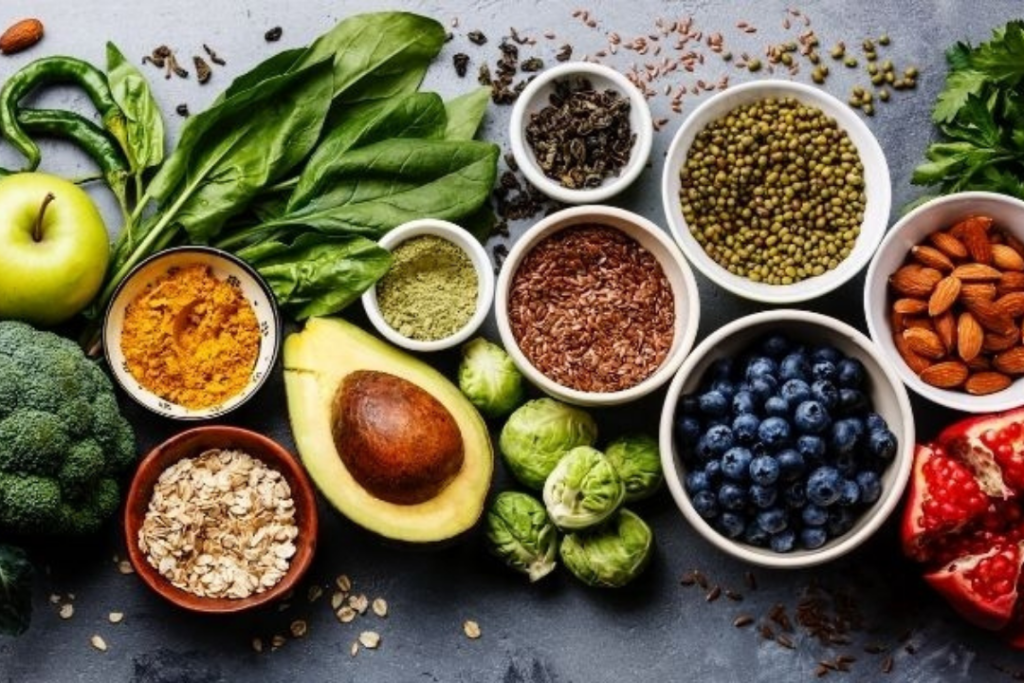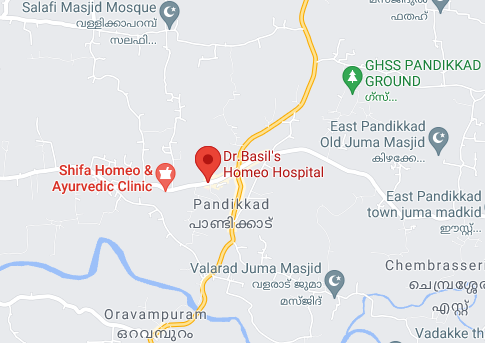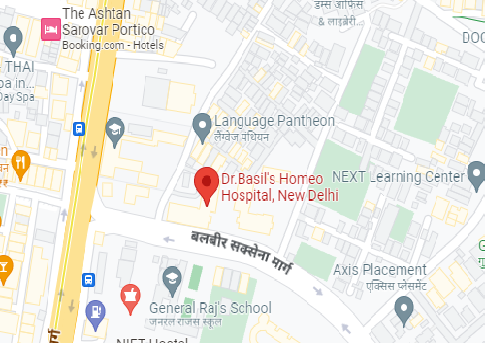
Eating healthy food rich in high fiber whole foods can help relieve the symptoms of hemorrhoids or piles.
The pain, tenderness, bleeding, and intense itching that hemorrhoids cause are frequently enough to drive you insane.
Also known as piles, inflamed and swollen blood veins near the lower rectal region or around the anus. Many factors cause the development of piles, but the most common reason is excessive pressure on the veins around the anus or lower rectum.
Fortunately, some foods can help alleviate symptoms and even help prevent piles in the first place.
This article lists the best high-fiber foods to help with hemorrhoids and which foods to avoid.

There are two types of fiber – Soluble fiber and insoluble fiber
1. Whole Grains
Whole grains are nutritional powerhouses. They keep their germ, bran, and endosperm high in fiber and other nutrients.
Whole grains are mainly rich in insoluble fiber. This helps the digestion process, which can help relieve the pain and discomfort associated with piles.
Keep in mind that whole grains include more than just hearty whole-wheat flour and bread. While these are the best options, this category includes barley, corn, spelt, quinoa, brown rice, whole rye, and oats.
Oatmeal is a perfect option to include in your diet when trying to reduce piles symptoms. Whole wheat products contain both soluble and insoluble fibers.
2. Fruits
Fruits like apples, bananas, oranges, and strawberries are simple to add to the grocery cart and are a good source of fiber. Most of the fiber is found in the skins of some fruits so be sure to eat the apple peel too.
Eating fresh fruits daily will reduce your risk of developing or experiencing piles again.
3. Vegetables
Vegetables such as carrots, beans, and broccoli are excellent sources of fiber. Green leafy vegetables such as spinach and kale are also fibrous.
Additionally, vegetables such as peppers, celery, cucumbers, zucchini, cabbage, and lettuce also have high water content, which helps to soften the stool further.
4. Lentils, Nuts, Seeds, and Beans
The legume family and tree nuts provide more great soluble and insoluble fiber sources. Instead of using just meat in chili, stews, and soups, add or substitute beans, lentils, and nuts, to help your digestive system create a stool that’s easier to pass.
For example, kidney beans have around 25 grams of fiber for every 100 g, while 20 almonds have around 3 g, so it’ll be easy to reach the daily recommendation of 30g of fiber with a varied diet of lentils nuts, seeds, and beans.
5. Sprouts
Sprouts are rich in fibers, vitamin C, proteins, and calcium. Sprouts are an effective diet for treating piles due to the availability of these nutrients. One cup of steamed or boiling sprouts a day can help with bowel irritation. However, one should not eat raw sprouts; doing so can worsen the symptoms of piles.
6. Water
The above-mentioned dietary changes may not work unless you consume sufficient water. Drinking plenty of water can help keep you hydrated and prevent constipation and piles. It can also help soften your stool, so it’s easier to pass through your colon and rectum without straining. Water is essential to keeping a healthy digestive system overall. It’s recommended that you drink at least eight glasses of water a day.
Processed foods, as well as those rich in fat, sugar, or refined carbohydrates, might increase the risk of hemorrhoidal conditions, particularly constipation.
To help reduce symptoms of hemorrhoids or the risk of developing them, a person can try avoiding trusted sources;
Now that you know what to eat and what to avoid you can rest assured that the discomfort and embarrassment associated with piles will diminish more quickly, allowing you to get back to your daily routines more quickly and find some relief from this annoying condition.
Eating fiber-rich foods, such as pulses (beans, lentils, chickpeas), whole fruits and vegetables rich in skins and water, and whole grains can help reduce hemorrhoids and prevent them from occurring.
If severe or very large hemorrhoids do not improve after a week or two, people should consult a doctor.

